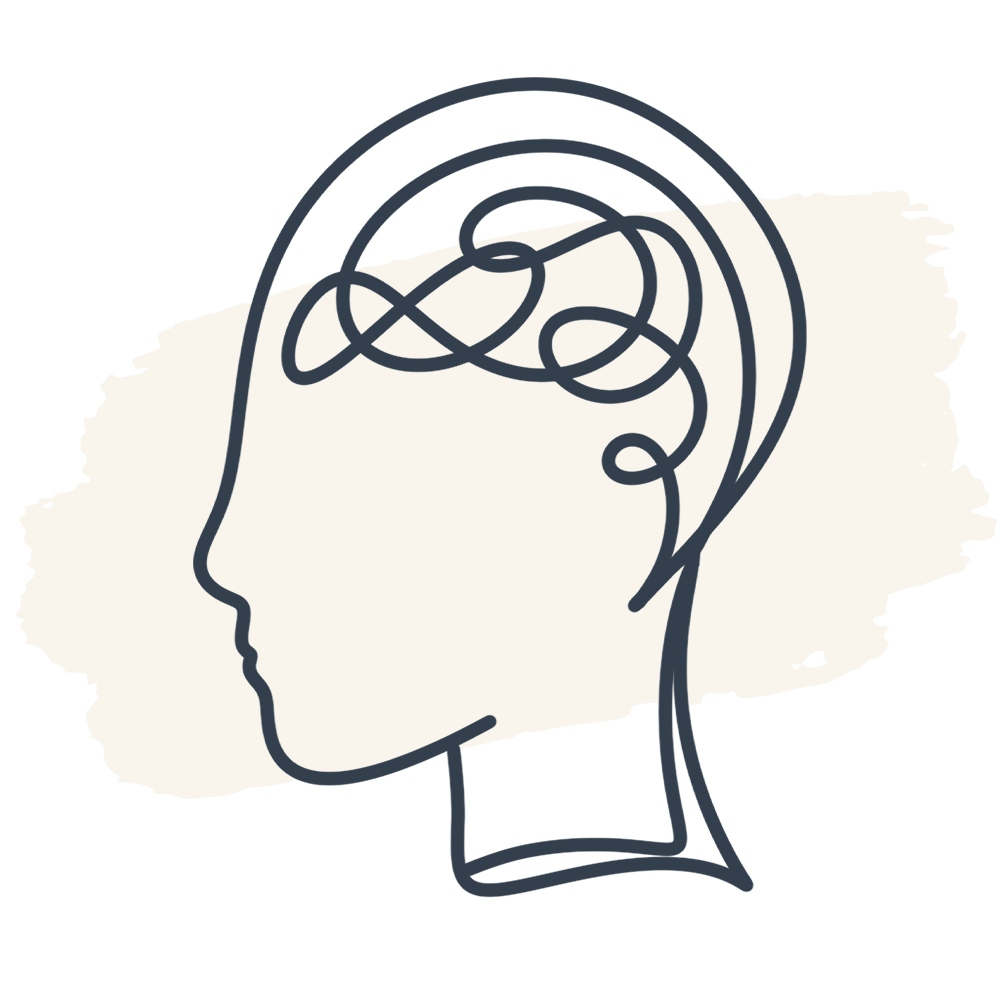Medically Reviewed by: Dr Jackie Gray, Public Health Expert and Retired GP
(Carents Trusted Reviewer Programme – Last reviewed July 2025)
Understanding Testing
Early and accurate diagnosis of Alzheimer’s disease is crucial for accessing the right support and accessing new treatments which are on the horizon.
Unfortunately, there are no simple or definitive tests which can readily diagnose conditions like Alzheimer’s and researchers all over the world are trying to find new ways to easily and accurately diagnose specific types of dementia.
Whilst some of the most promising developments include blood tests and specialised brain scans, others are based on emerging technologies such as AI and virtual reality. We have been looking at some of the current avenues which are being explored.
1) Oculomics: eye tests as windows to the Brain
Researchers in America have presented some intriguing research exploring the extent to which eyes can act as windows into brain health. Their work studied whether retinal scans could reveal early signs of Alzheimer’s. The study found that those with Alzheimer’s exhibited significantly fewer blood vessels and reduced blood flow in their retinas compared to both healthy individuals and those with Mild Cognitive Impairment (MCI).
Although this research suggests that changes in the retina might mirror changes in the brain, further work is needed to establish the timing of the retinal changes and whether they precede or follow the onset of Alzheimer’s disease.
2) Digital hearing tests
New digital hearing tests that measure early brain changes in dementia could transform dementia diagnosis. Early findings from a research team at Queen Mary University of London suggested that these tests could differentiate Alzheimer’s patients from controls with very high accuracy. The team are now exploring whether this approach could be used to diagnose Alzheimer’s in memory assessment clinics and also to measure disease severity, monitor responses to treatment, and predict future risks of developing the condition.
Free eBook: Dementia Care
Growing numbers of carents are stepping up to care for older relatives living with dementia but many of you find it hard to access the information, and the practical and emotional support you desperately need.
That’s why we've created this guide, to help you understand and explore some common dementia care topics whenever and wherever the need arises.
Simply complete the form and the eBook will be sent to you via email.
3) Fastball: a new approach to memory testing
Closer to home, researchers at Bath and Bristol Universities are studying the Fastball Neurocognitive Assessment. This is a memory test wich requires participants to remember and recognise images shown in quick succession. The test measures brain wave activity using affordable electroencephalography (EEG) headsets, making it both non-invasive and easy to administer.
4) Virtual Reality: spatial problem solving
Various research teams are studying how Virtual Reality (VR) could be used as a diagnostic tool. Spatial problem-solving abilities, are a known issue in Alzheimer’s patients and studies have shown that those with cognitive decline perform poorly compared to healthy controls. More work is needed to establish the application of this tool.
5) Gut bacteria – microbiome profiles
Scientists have shown that gut microbiomes of people with symptomatic Alzheimer’s differ from the microbiomes of healthy people of the same age. Further work has examined stool samples and shown microbiome differences in people in the earliest stage of Alzheimer’s disease before cognitive symptoms become apparent. Inflammation is thought to explain these findings.
Further work is needed but experts believe that in future stool testing could play a valuable role in dementia assessment.
The Future of Alzheimer’s Detection
These innovative approaches represent a significant shift in how we detect Alzheimer’s disease and other types of dementia. From eye tests or blood tests to virtual reality, each method offers unique advantages and challenges.
For now, the message is clear: early detection is important, and these emerging technologies could ensure those affected by dementia can access the treatment and support which is, or becomes, available.
WHAT OUR CARENTS SAY
Medically reviewed by Dr Jackie Gray, July 2025
Stay in touch with The Carents Room
Stay informed and supported on your carenting journey with our newsletter, designed to provide you with:
- Practical Tips: Get expert advice and useful tips to help you navigate the challenges of caring for your elderly relatives.
- Latest Updates: Stay up-to-date with the latest news, research, and developments in health and care services.
- Community Insights: Hear from fellow carents, sharing their experiences and stories to support you.
- Exclusive Resources: Access special content and resources designed to make your role as a carer easier and more effective.
Join our community today and make carenting a smoother, more informed experience. Simply enter your email below to start receiving our carefully curated content straight to your inbox.
